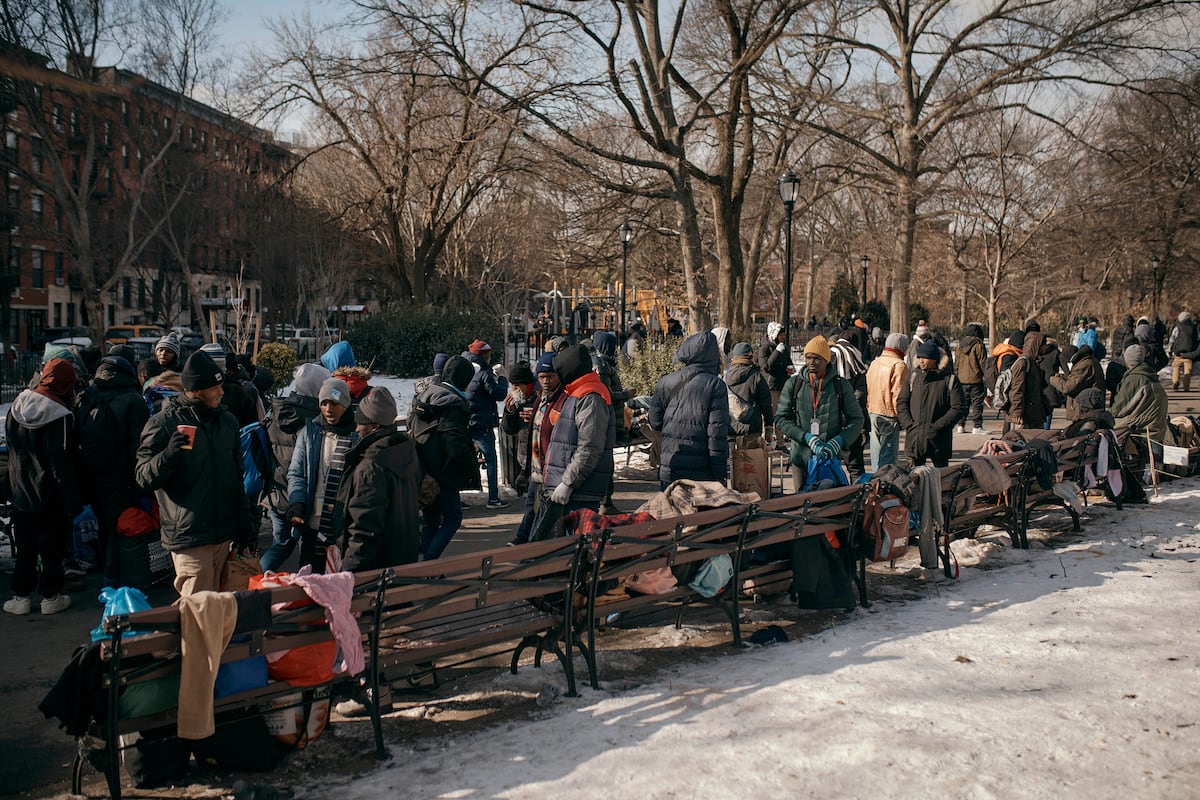The Impending Clash: Sanctuary Cities and Trump’s Immigration Agenda
President-elect Donald Trump’s vehement criticism of "sanctuary cities," labeling them as havens for criminals and lawless zones, has set the stage for a potentially explosive confrontation. These cities, including major metropolises like New York, Los Angeles, Seattle, and Atlanta, have enacted policies that shield undocumented immigrants from federal immigration enforcement.
While the term "sanctuary city" lacks a precise legal definition, these cities generally limit cooperation with federal immigration authorities. This may involve refusing to share information about residents’ immigration status, refraining from actively pursuing individuals solely based on their immigration status, and not complying with federal requests to detain individuals for deportation.
The goal, proponents argue, is to build trust between local law enforcement and immigrant communities, making them safer for everyone. However, Trump has vowed to dismantle this system, viewing it as a major impediment to his grand promise of mass deportations.
The conflict is already heating up. Trump’s pick for "immigration czar," Tom Homan, has issued strong warnings, hinting at legal action and the suspension of federal funds to non-compliant cities. Homan has pledged to make good on Trump’s campaign threats, stating: "That’s going to happen. I promise President Trump will do that."
The battleground could be Texas, where Governor Greg Abbott has unleashed a controversial strategy. He has sent buses and planes packed with migrants to sanctuary cities across the country, including Washington D.C., New York City, Chicago, and Denver. This tactic, while aimed at exposing the "burden" of immigration, has strained resources in receiving cities, fueled anti-immigrant sentiment, and raised ethical questions about using migrants as pawns in a political game.
Despite the pressure, sanctuary cities like Denver have stood firm, reaffirming their commitment to protecting vulnerable communities.
The incoming Trump administration, backed by a Republican-controlled Congress, is likely to employ a multi-pronged approach. They may seek to dismantle the Department of Homeland Security (DHS), replacing it with a border-focused agency and disbursing remaining functions to existing departments.
They could also use legislation to exert control over immigration enforcement. The "No Sanctuary Cities Act," already introduced in the House of Representatives, proposes a strict definition of “sanctuary jurisdiction” and threatens to withhold federal funding from cities that defy federal immigration policies.
This bill, and any similar legislative efforts, would inevitably spark legal challenges. Experts point to constitutional concerns, citing limits on federal power to dictate state and local law enforcement practices, as well as restrictions on federal funding conditions.
While the debate rages and legal battles loom, the future of sanctuary cities hangs in the balance. Trump’s determination to impose his hardline immigration agenda will face strong resistance from cities committed to upholding the rights of their immigrant populations. The outcome of this clash will have profound implications for millions of undocumented immigrants and the fabric of American society.
2024-11-30 04:00:00
#Sanctuary #cities #York #Los #Angeles #Trumps #sights #Immigration #United #States


